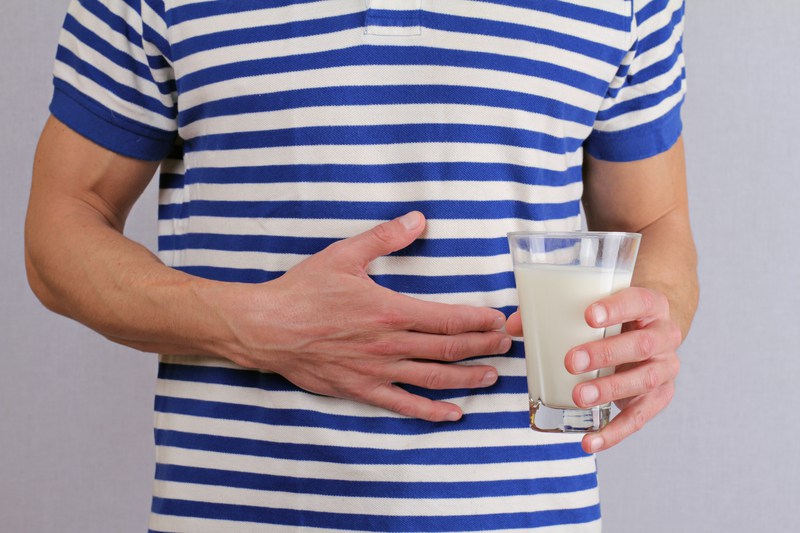Investec Switzerland. Nestle SA agreed to pay DBV Technologies SA, a French developer of therapeutic skin patches, as much as 100 million euros (0 million) for the right to sell an experimental test to detect milk allergy, the most common food allergy in children. © Albina Glisic | Dreamstime.com Nestle will pay the Montrouge-based company 10 million euros upfront for development of the test, which Nestle will have the right to sell globally pending regulatory approval, DBV said in a statement Tuesday. DBV said it will fund development and expects to ask authorities for clearance by 2021. Nestle aims to build a billion business out of its health-science unit, created in 2011 to fight chronic diseases. Last year, the maker of Gerber baby food and KitKat chocolate bars bought a stake in Seres Therapeutics Inc., a Cambridge, Massachusetts-based developer of drugs designed to improve the effectiveness of microorganisms in the human body. Some types of Nestle’s infant formulas reduce the risk of allergic reactions because they contain whey protein that’s broken down. By Albertina Torsoli (Bloomberg) Facebook and Twitter.
Topics:
Investec considers the following as important: Business & Economy, Editor's Choice
This could be interesting, too:
Investec writes The global brands artificially inflating their prices on Swiss versions of their websites
Investec writes Swiss car insurance premiums going up in 2025
Investec writes The Swiss houses that must be demolished
Investec writes Swiss rent cuts possible following fall in reference rate
Nestle SA agreed to pay DBV Technologies SA, a French developer of therapeutic skin patches, as much as 100 million euros ($110 million) for the right to sell an experimental test to detect milk allergy, the most common food allergy in children.

© Albina Glisic | Dreamstime.com
Nestle will pay the Montrouge-based company 10 million euros upfront for development of the test, which Nestle will have the right to sell globally pending regulatory approval, DBV said in a statement Tuesday. DBV said it will fund development and expects to ask authorities for clearance by 2021.
Nestle aims to build a $10 billion business out of its health-science unit, created in 2011 to fight chronic diseases.
Last year, the maker of Gerber baby food and KitKat chocolate bars bought a stake in Seres Therapeutics Inc., a Cambridge, Massachusetts-based developer of drugs designed to improve the effectiveness of microorganisms in the human body. Some types of Nestle’s infant formulas reduce the risk of allergic reactions because they contain whey protein that’s broken down.
By Albertina Torsoli (Bloomberg)
